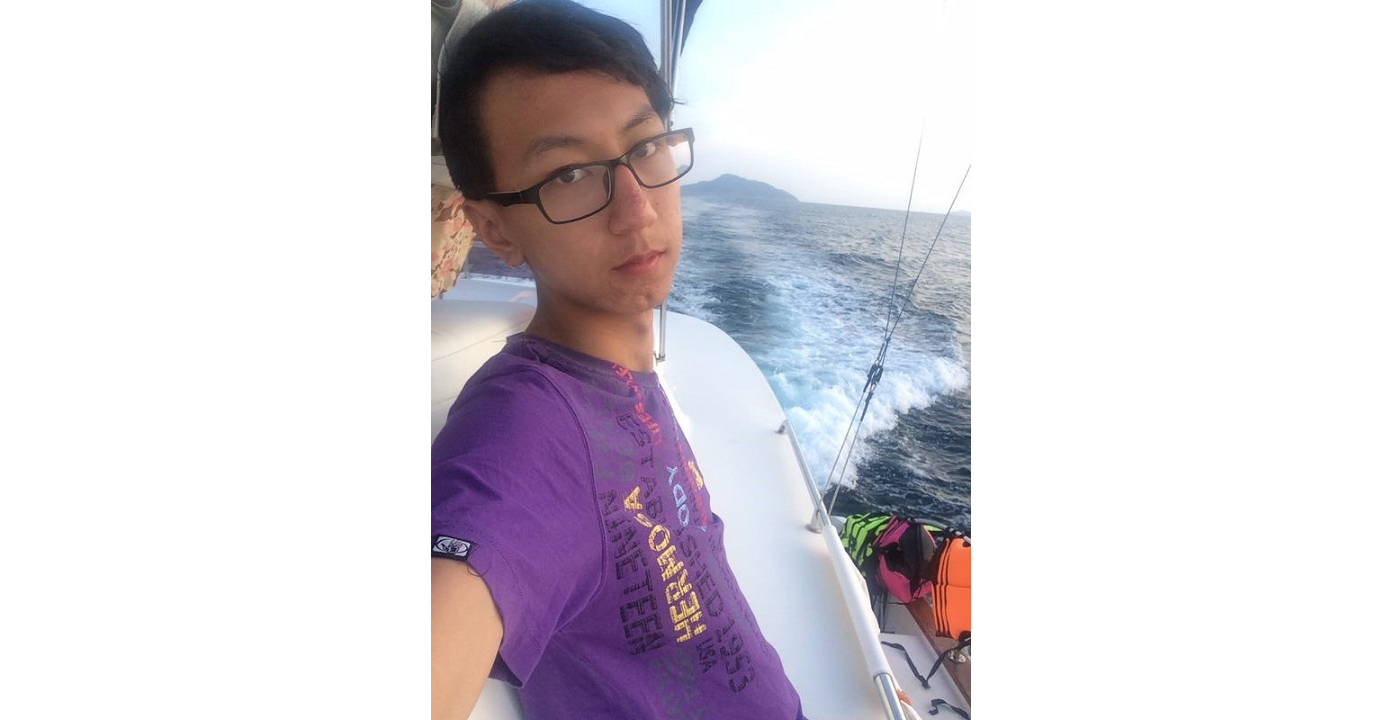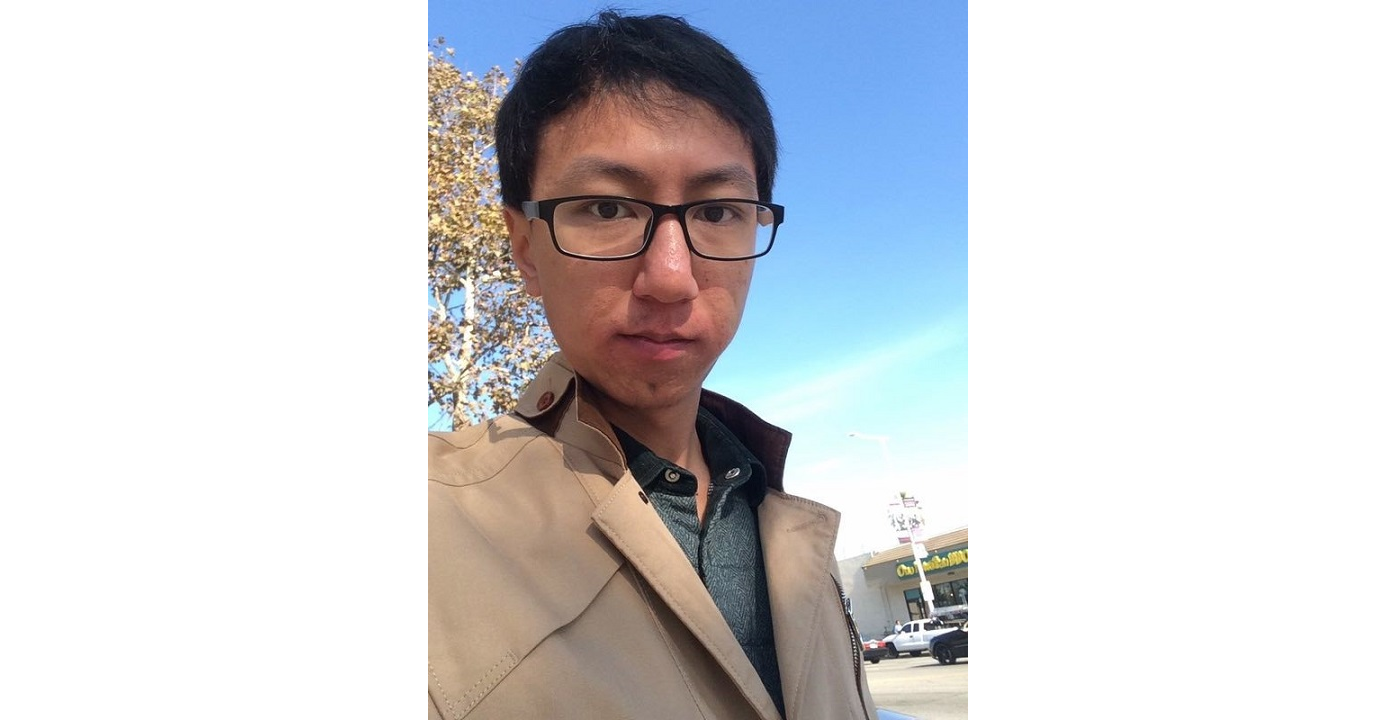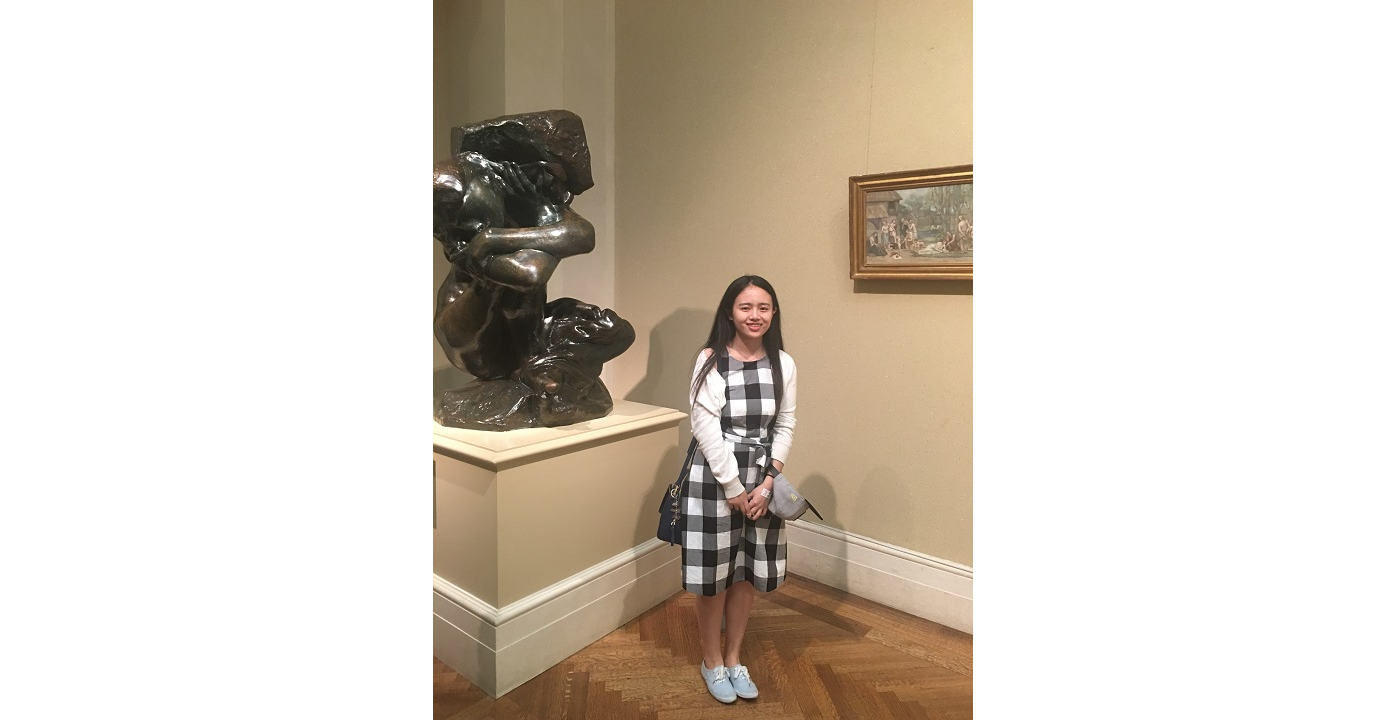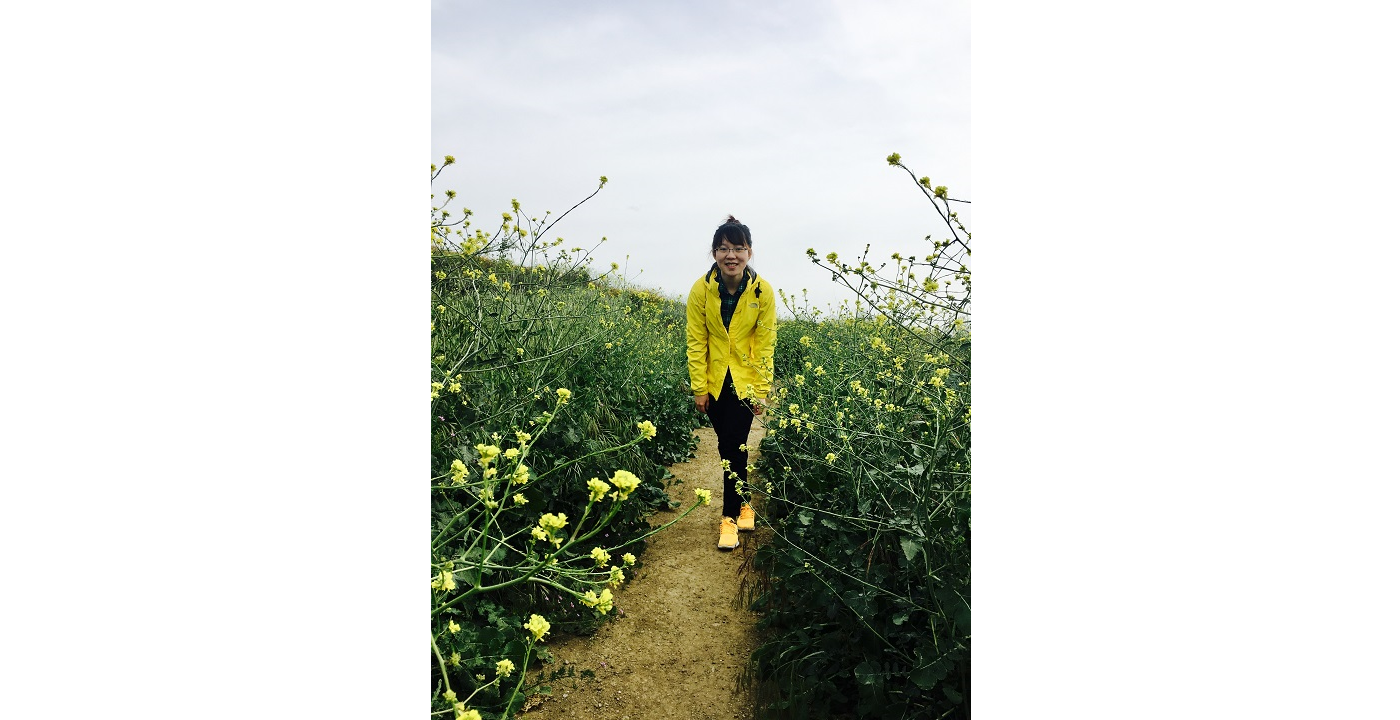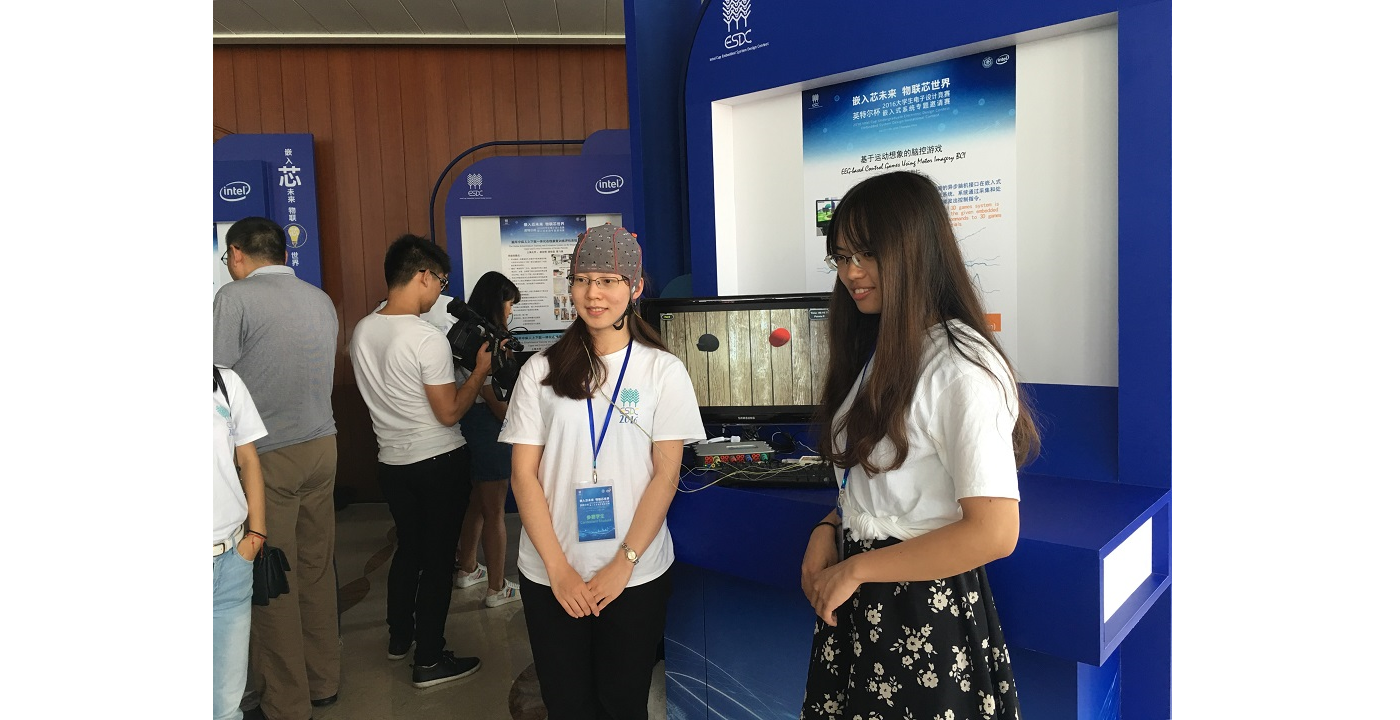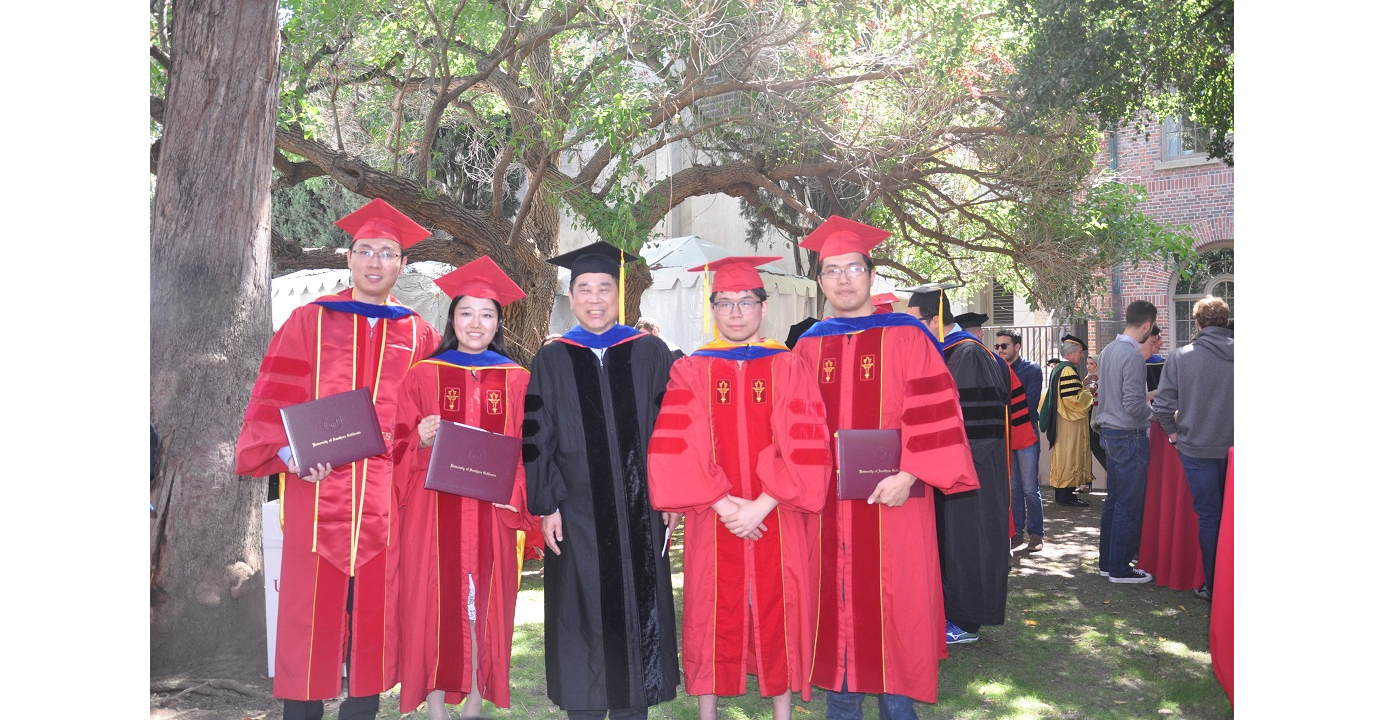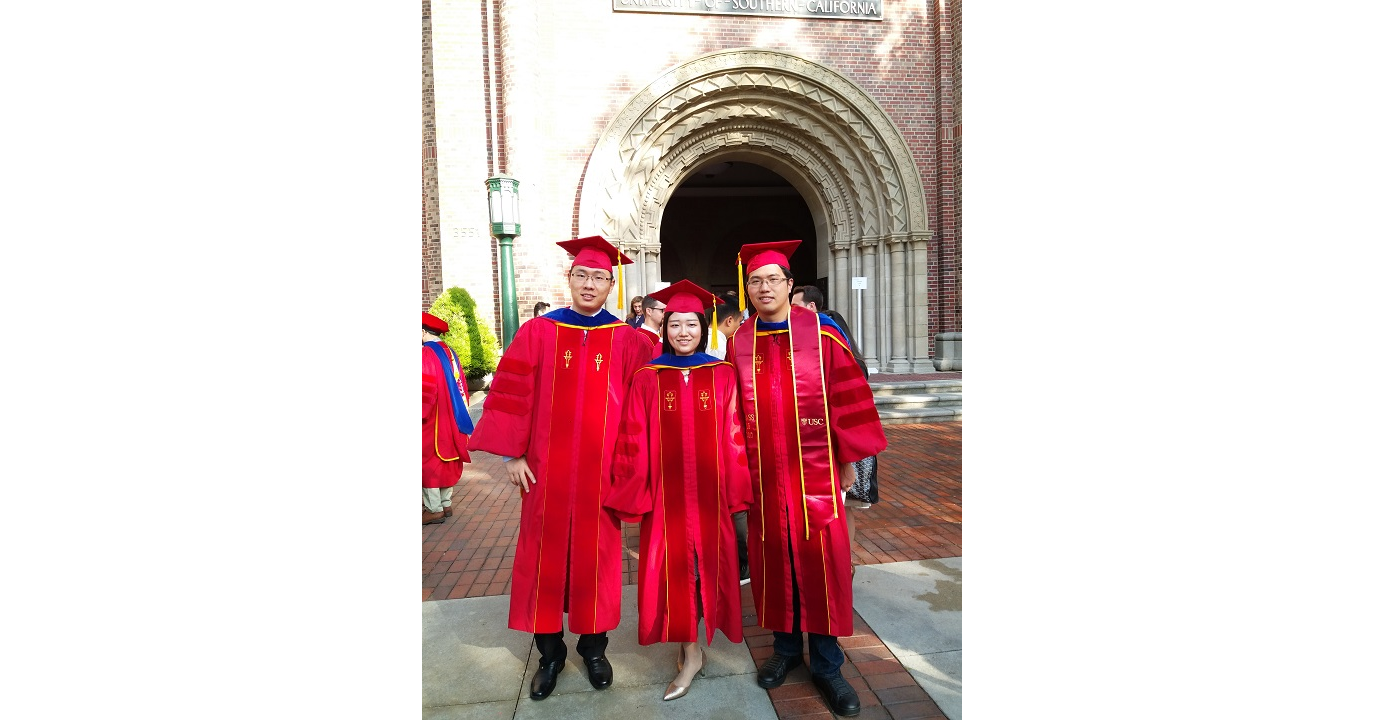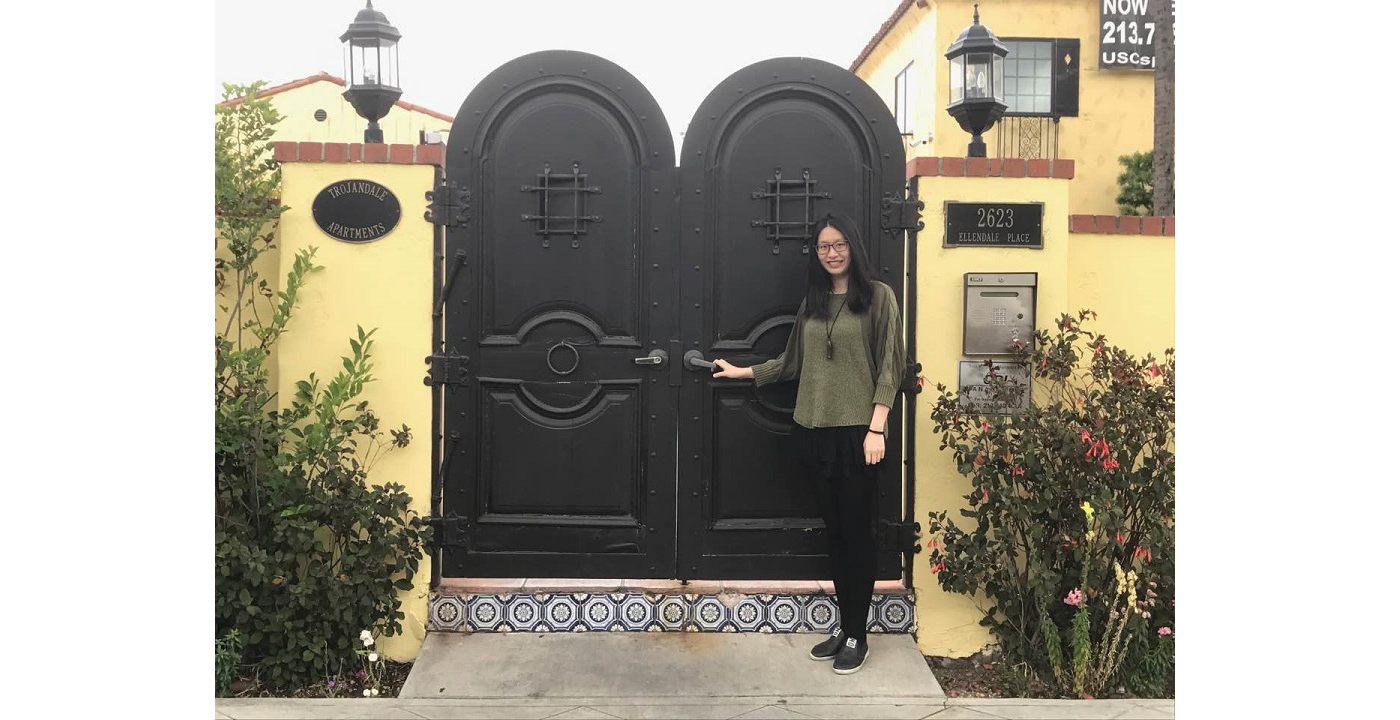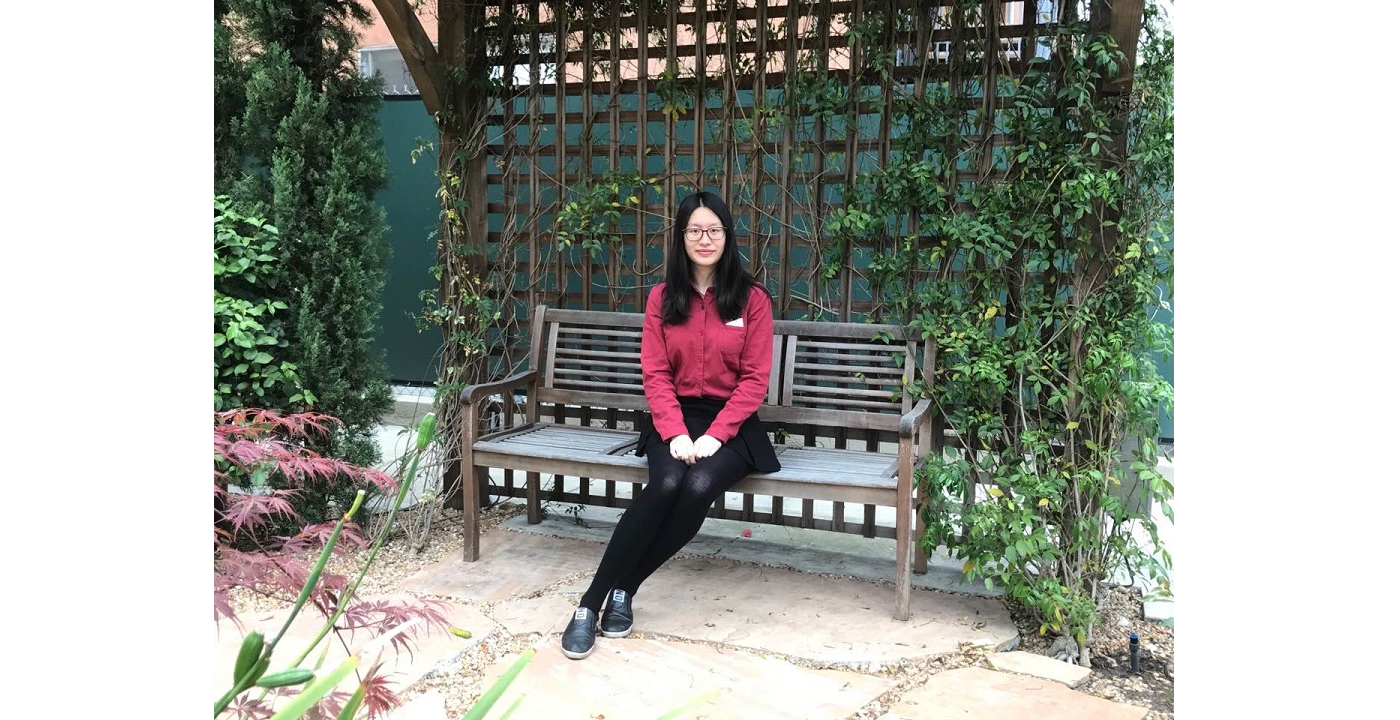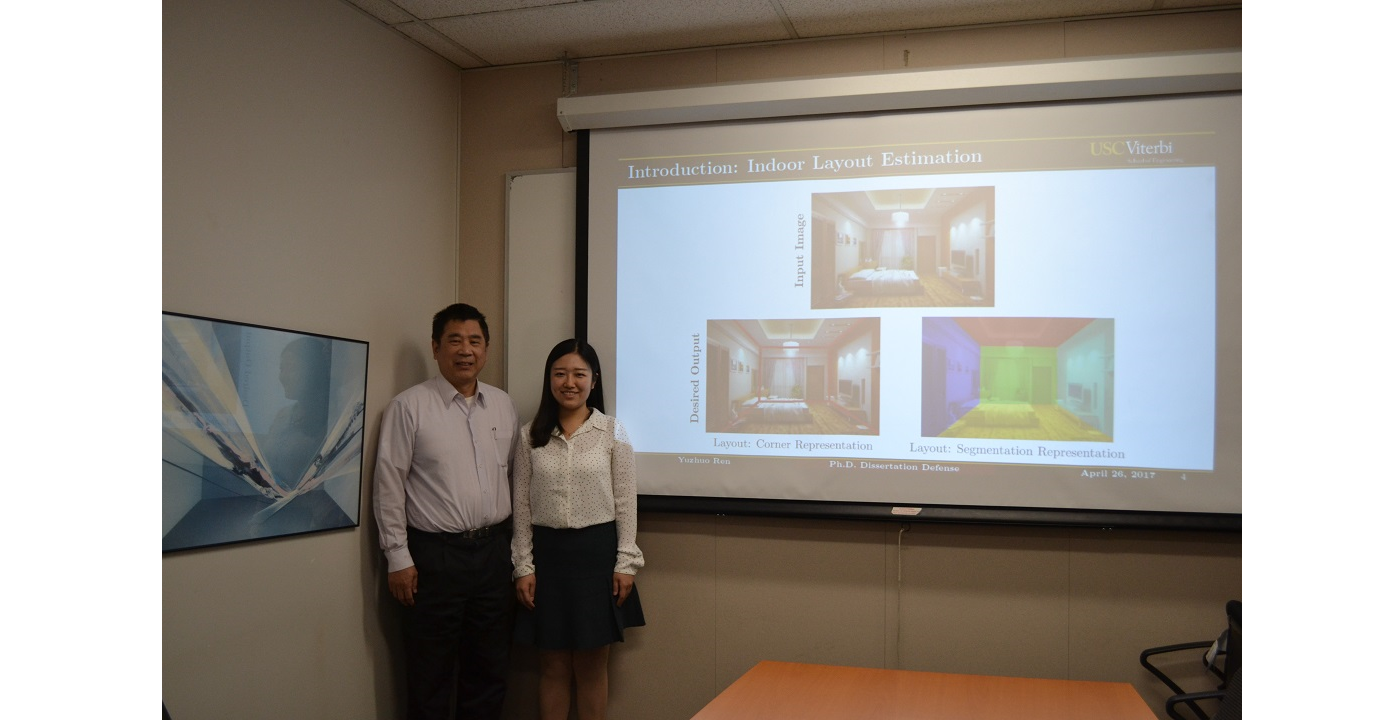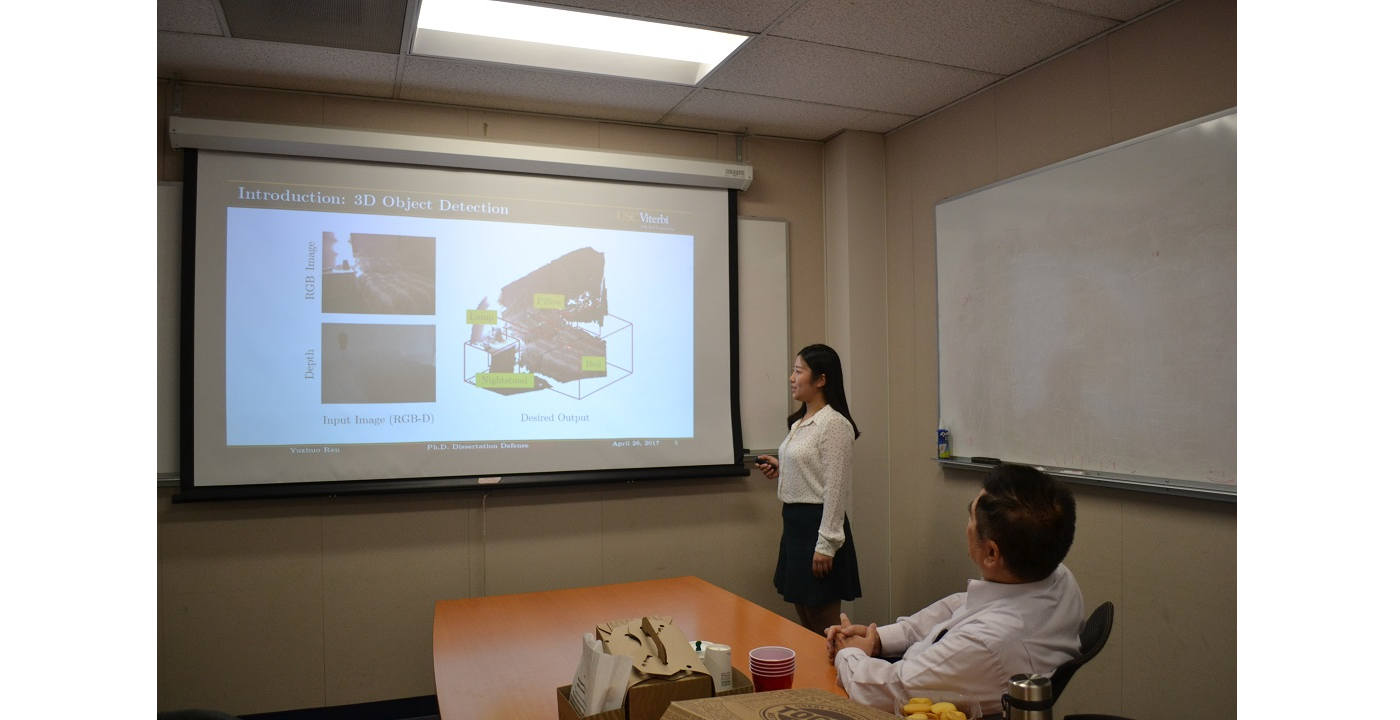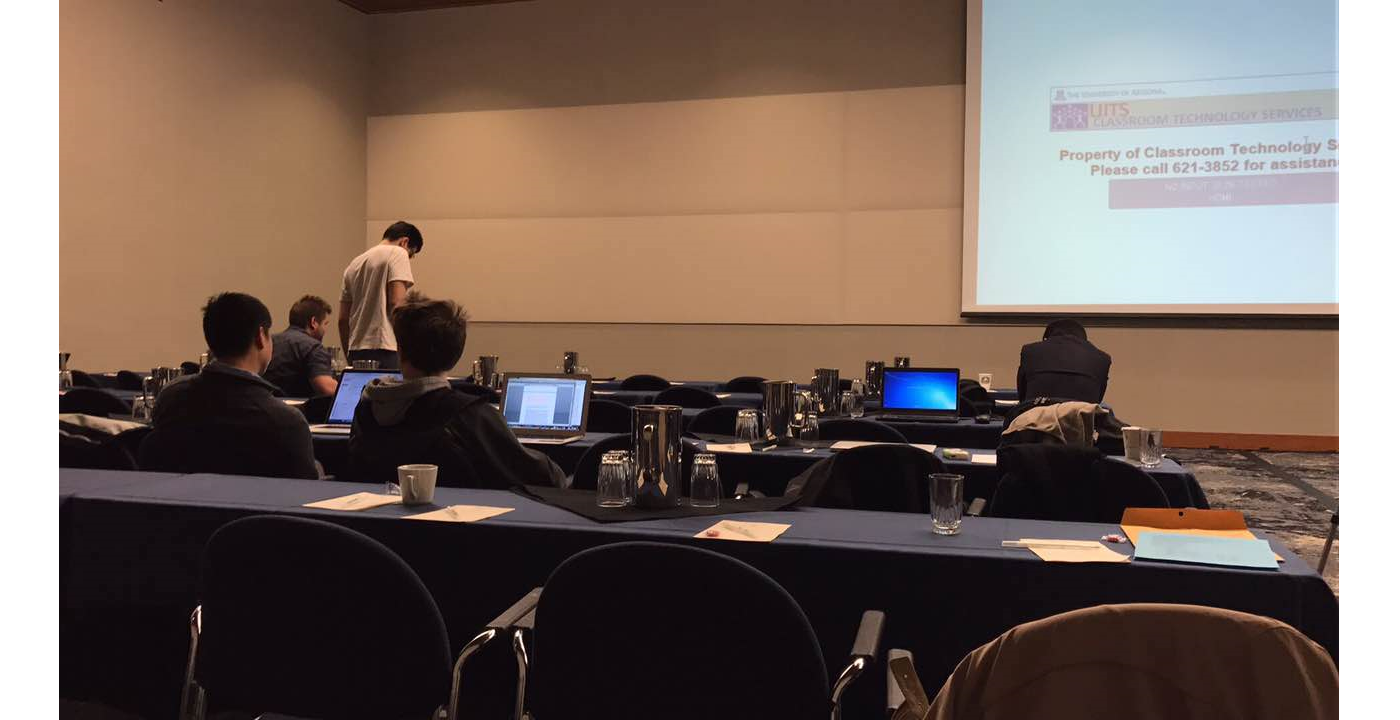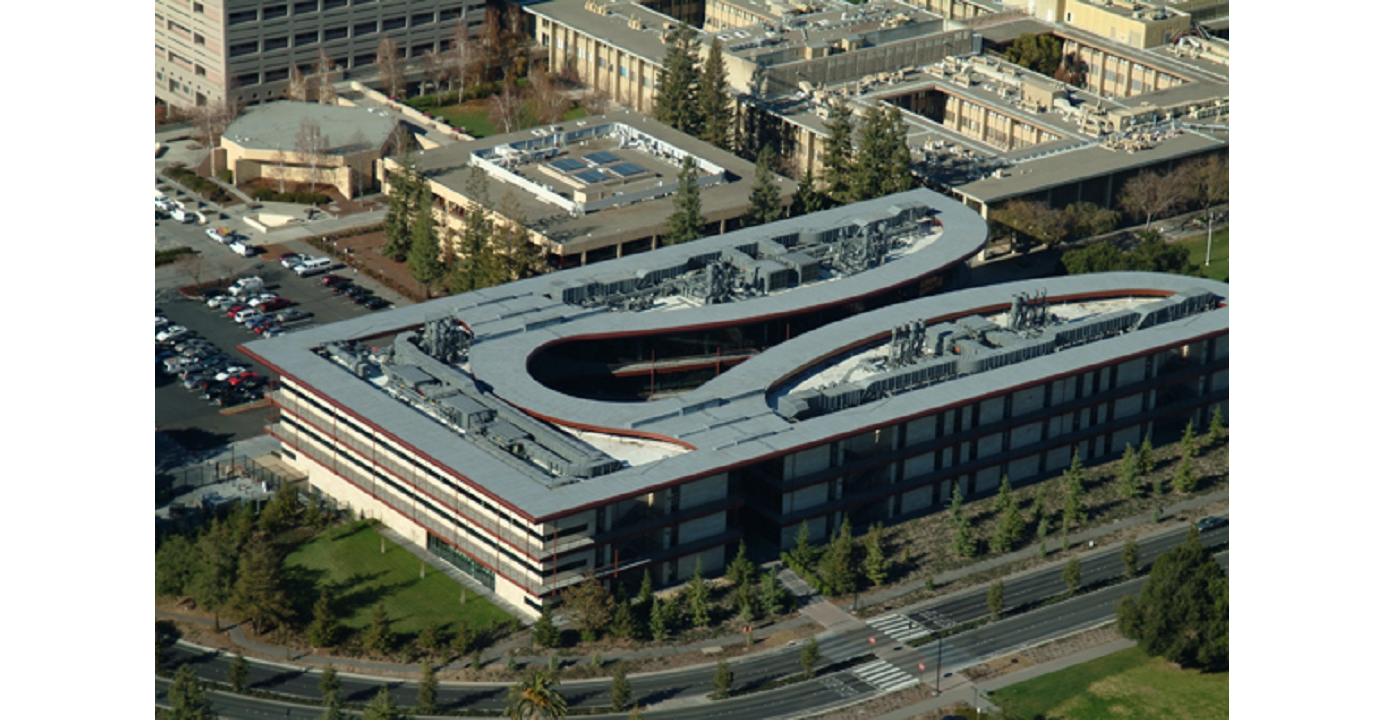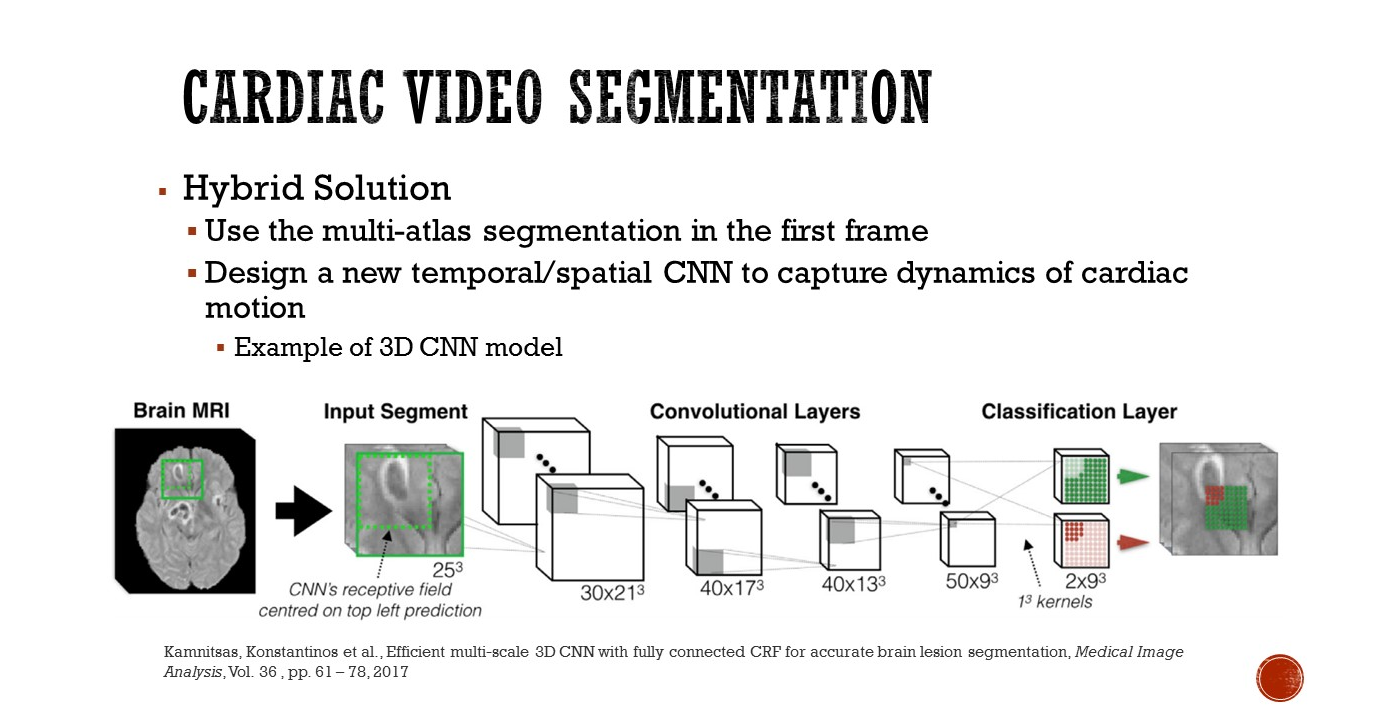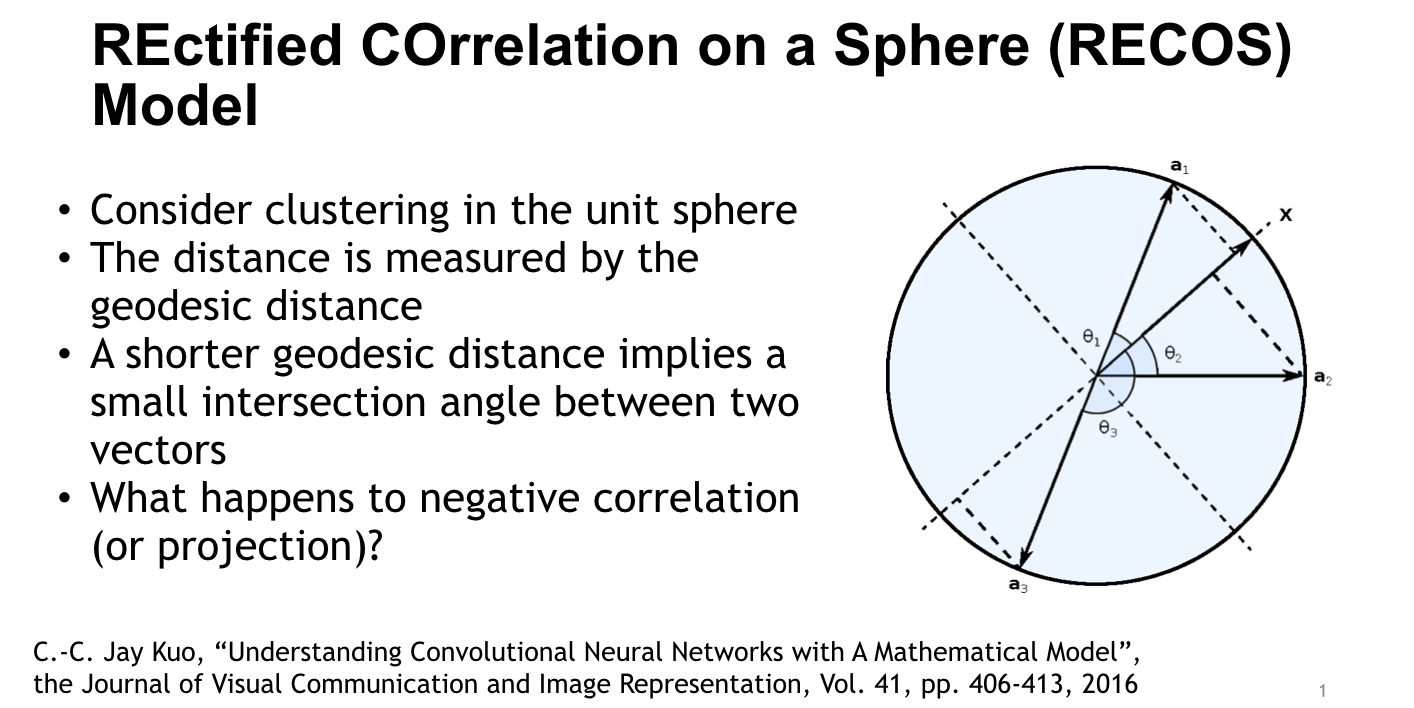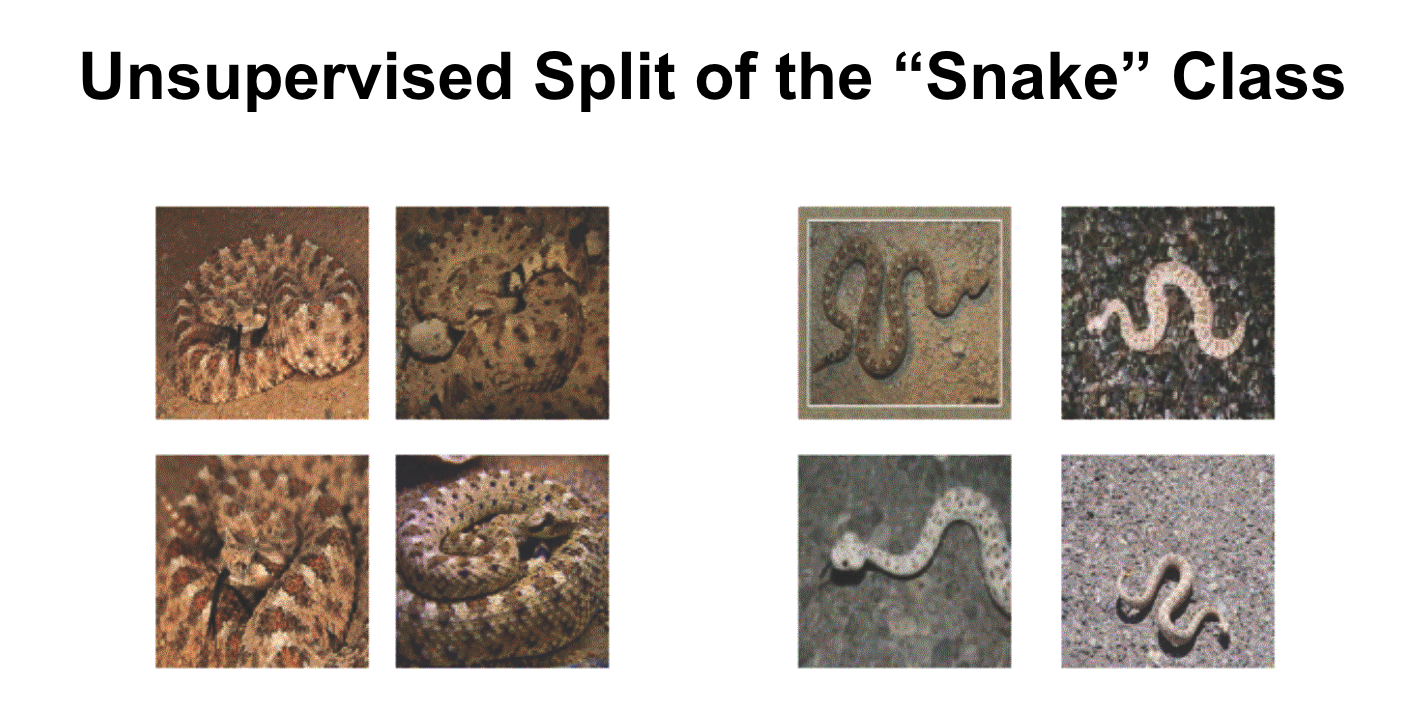Welcome New MCL Lab Member Shilpashree Rao
We are so happy to welcome a new master student, Shilpashree Rao, in Summer 2017. Let us hear what she said about her research and MCL.
1. Could you briefly introduce yourself and your research interests?
My name is Shilpashree Rao, pursuing Master’s degree in Electrical Engineering at University of Southern California. My research interests include Image Processing, Computer Vision, Machine learning and Robotics. The collaboration of innovation and knowledge describes my life wherein my interest towards these areas was sown by my ardor for art and creativity. I have previously advanced research studies on imaging techniques for facial expression detection and face recognition mechanisms for bio-metric applications. The research results have been published in National and IEEE publications. I have always enjoyed developing robots for social cause and I look forward to progress this with amalgamation of Machine learning, Computer Vision and Artificial Intelligence technologies.
2. What is your impression about MCL and USC?
I like the liveliness and the dynamic environment at USC. The people I have met here are focused, intelligent and of course fun-loving! USC and the location itself is great to build professional network. The opportunities to learn and explore recent technologies are unlimited here. MCL is one such lab at USC which nurtures such motivated students, providing resources and learning for advanced practical applications.
3. What is your future expectation and plan in MCL?
My future expectation at the MCL lab is to develop my skills and learning in deep learning techniques and image processing. To innovate and utilize these skills for practical purposes.



